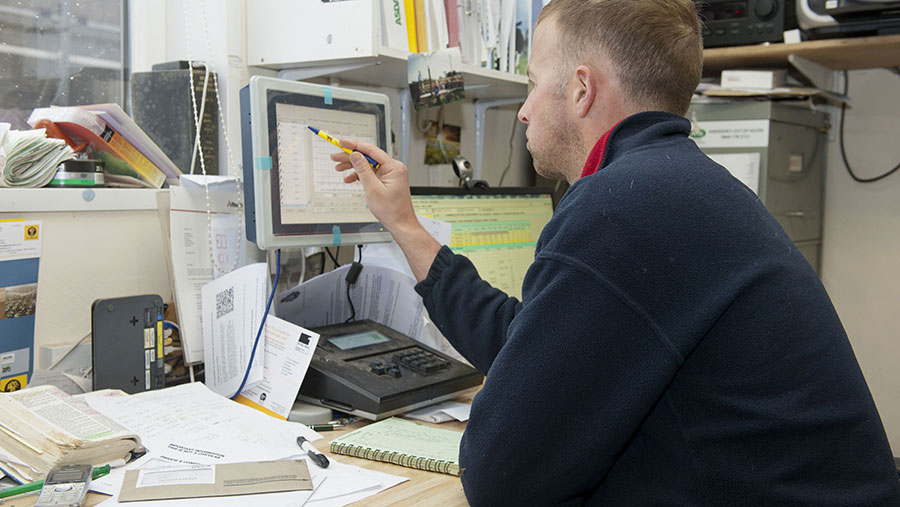FW Opinion: Farmers must be proactive in the face of change
 © FLPA/Wayne Hutchinson/Shutterstock
© FLPA/Wayne Hutchinson/Shutterstock As the old adage goes, “the one constant in life is change” – so the current upheaval facing British agriculture should come as little surprise.
Of course, change can be for the better or for the worse, but either way, being prepared for the likely consequences is to be recommended.
It was therefore gratifying that about 850 people registered for our recent “Planning Your Farming Future” webinar, and more than 350 turned up on the night, looking for tips on “how to stay profitable in the face of change”.
The array of challenges facing the sector is unprecedented as we ease into the post-Brexit era – trade disruption, market volatility and policy reform, to name just a few.
See also: Farmer confidence rocked by phased removal of BPS
This uncertainty is borne out in the NFU’s latest confidence survey, which shows both short- and medium-term confidence among farmers have remained negative for the third year in a row.
Top of the list of producer concerns, not surprisingly, was the impending cut to direct payments (for both English and Welsh claimants), which 78% of respondents believed would have a negative effect on their businesses. This was followed by predicted rises in input costs (59%), changes to regulations (53%) and inadequate farmgate prices (45%).
Useful advice
These challenges were also all mentioned by farmers attending our webinar, who were keen to find out how they can stay afloat. There were no silver bullets, of course, but the four speakers gave plenty of nuggets of advice which should be heeded.
Looking for opportunities to improve productivity was an obvious one, with significant differences between “the best and the rest” – sometimes related to better seed or breed choice, but always linked to better management.
Seeking out input cost savings through better planning and co-operation was also recommended, as was adopting new and innovative practices.
And on the revenue side, even commodity producers could earn a bit of a premium with better marketing, while others have bolstered income through diversification.
None of this is particularly new, but it is still pertinent while such wide income gaps exist.
But perhaps the most useful piece of advice was to be proactive – especially when it comes to the government’s new support schemes. Just last week we heard more about the Future Farming Resilience Fund, with £9m up for grabs, to enable consultants to give free advice and support to up to 9,000 farmers.
Other schemes coming down the track this year include the Farming Investment Fund, a Farmers In Protected Landscapes scheme and a Tree Health pilot. Farmers would be well advised to study them closely.
And then, of course, there is the Sustainable Farming Incentive pilot, which is already open for expressions of interest, ahead of a planned October launch date. Many more details are required about what exactly will be required of those who do get involved, and how much they will be paid for specific actions.
But it is hugely encouraging that farmers do seem genuinely keen to engage – the polls we ran as part of our webinar vouch for that. To ensure this good intent results in actual take-up, the new agri-environment schemes will need to be simple, relevant and economic.
Defra has made much play of the fact it is interested in co-design – working with farmers and landowners to deliver schemes that tick those three boxes. Getting involved in their creation is the one way to increase the chances of success.
